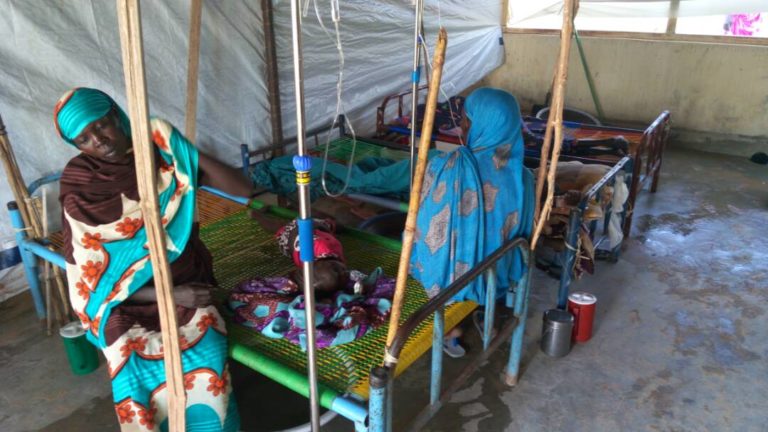Over 50 pesticide brands banned as state moves to protect public health

The government has banned over 50 pesticide brands, particularly those prohibited in their countries of origin, in a move aimed at safeguarding public health and promoting safer agricultural practices.
Agriculture Cabinet Secretary Mutahi Kagwe said the ban is necessary to protect both the environment and public health from the dangers posed by these chemicals.
More To Read
- Kenya pushes for strict pesticide ban across COMESA bloc
- Over 31,000 schools equipped with farming tools, as 4K Clubs revived to foster agricultural skills countrywide
- Kenya to produce 70 million livestock vaccine doses annually by 2027
- 7,000 bags of fertiliser looted from NCPB's Maua depot during June 25 protests - Agriculture CS Mutahi Kagwe
- Kenya bans 77 pesticides, restricts 202 in major agrochemical crackdown
- Tough week for Kagwe as MPs demand lease documents, tender records in sugar mill probe
Kagwe made the announcement on Wednesday during the launch of the distribution of one million clean pyrethrum planting materials in Molo, Nakuru County.
“The Pest Control Products Board (PCPB) has brought me a list of chemical products that we have been importing from other countries to control pests, and they have informed me that there are about 50 such products. We are going to stop importing these over 50 products, as they will now be produced here in Kenya. So your market will not necessarily be abroad. Your market will be right here in Kenya,” he said.
He noted that the government is prioritising safer, locally-produced alternatives and is reviving the pyrethrum industry as a sustainable solution.
“Boosting pyrethrum farming will not only enhance local pesticide production but also create thousands of jobs for Kenyans,” he said.
The ministry targets to increase pyrethrum cultivation from the current 10,000 acres to over 70,000 acres nationwide.
Kagwe also announced that the government has scrapped taxes on tea packaging materials in a bid to revitalise the tea sector, lower production costs, and increase farmer earnings through value addition.
“This move is aimed at reducing the cost of producing value-added tea, which has long been a burden to our farmers,” Kagwe said after a consultative meeting with chairpersons of the Kenya Tea Development Agency (KTDA) Management and smallholder tea factories from the West Rift region in Kericho County.
He reaffirmed the government’s commitment to supporting the tea industry and assured stakeholders that international markets for Kenyan tea remain open. He emphasised the need for producing premium-quality tea, which he said commands better prices in global markets.
“We must insist on high standards. Tea picked at the stage of two leaves and a bud remains the most valuable in terms of quality and market returns,” he said.
He said the Ministry plans to work with county governments to strengthen agricultural extension services. The efforts, he said, are aimed at equipping farmers with the knowledge and tools needed for sustainable production.
“My Ministry will work closely with county governments to enhance agricultural extension services, ensuring better support for farmers,” he said.
He further revealed that the ministry is training a new cadre of agripreneurs who will carry out farm visits to advise growers on soil health, crop management, efficient use of inputs and value addition techniques.
Top Stories Today













































